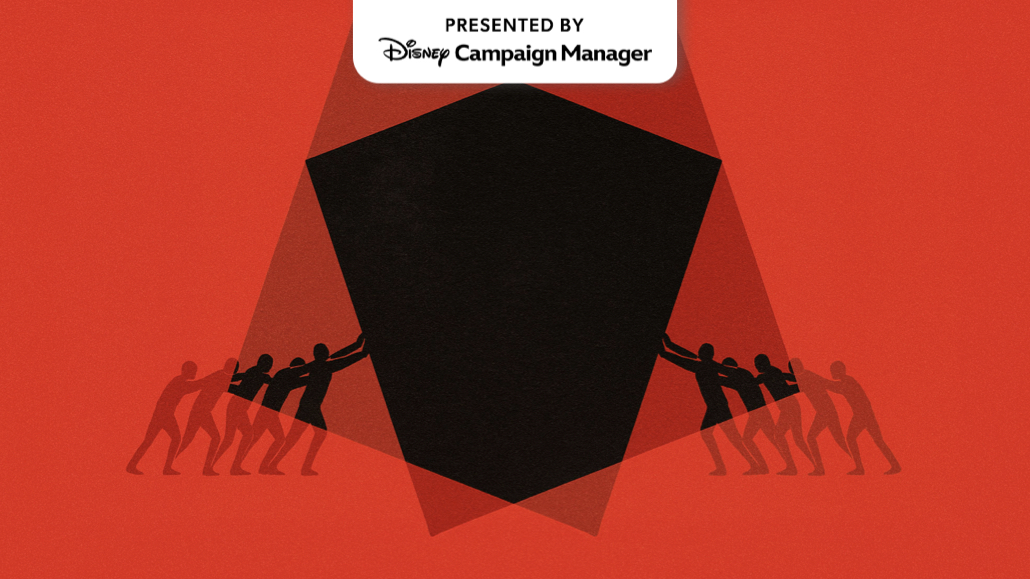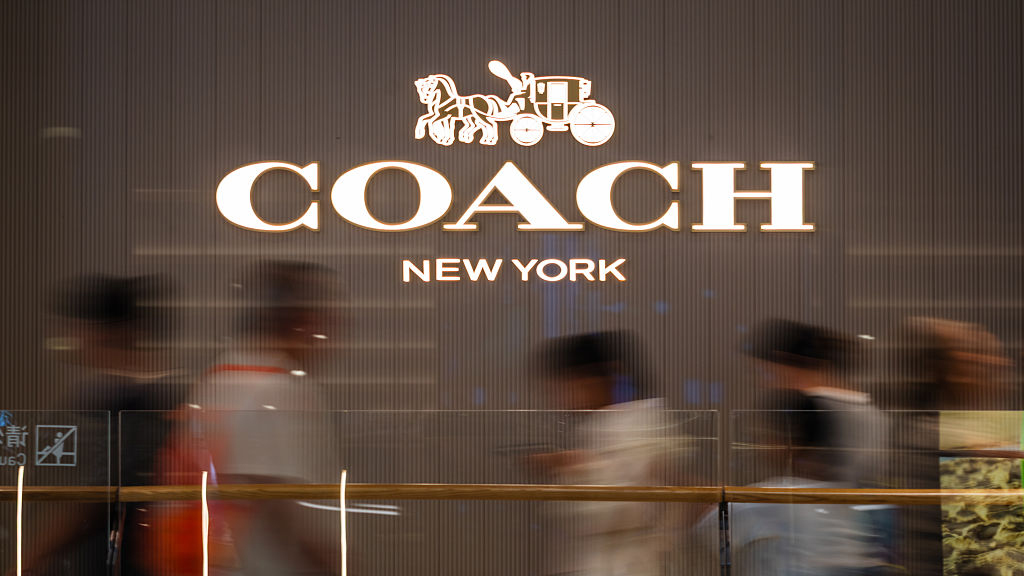AI Disruption Dominates Advertising Week Discussions
At the opening day of Advertising Week New York, the mood was anything but celebratory. With a record-breaking number of attendees, the event underscored a growing anxiety sweeping the marketing industry. The primary concern? The accelerating impact of artificial intelligence on advertising jobs, strategies, and consumer engagement.
As industry leaders gathered to exchange ideas and insights, the conversations quickly turned to the ways AI is reshaping the landscape. From automation in ad buying to AI-generated content, marketers expressed growing concern about how quickly the technology is evolving — and how unprepared many feel.
Job Security and Skills in Question
One of the most pressing issues raised was the future of marketing roles. Executives and creatives alike voiced fears over job displacement. As AI tools become more sophisticated, tasks traditionally handled by humans — such as copywriting, media planning, and customer targeting — are increasingly being managed by algorithms.
“We’re seeing capabilities evolve faster than the workforce can adapt,” said one panelist. “The training gap is widening, and it’s causing real anxiety.”
Some organizations are responding by investing in upskilling programs, but many attendees questioned whether these efforts are enough. The consensus was clear: the marketing talent pool must evolve quickly or risk being left behind.
Trust and Transparency Remain Elusive
Another key issue was the lack of transparency in AI-driven marketing. As algorithms make more decisions behind the scenes, marketers are losing visibility into how campaigns are optimized. This not only raises ethical concerns but also makes performance tracking more difficult.
“We’re not just talking about efficiency here,” said another speaker. “We’re talking about accountability. If something goes wrong, who’s responsible — the machine or the marketer?”
Several industry leaders called for standardized guidelines and ethical frameworks to govern the use of AI in marketing. Without such structures, they warned, trust in both brands and technology could erode.
Creative vs. Automated: The Great Divide
On the creative side, the debate centered around whether AI enhances or undermines originality. While some praised AI-generated content for its speed and scalability, others worried it could lead to a homogenization of brand voice and storytelling.
“AI can help us scale ideas, but it can’t replace human intuition,” said a creative director from a major agency. “The magic of advertising comes from emotional resonance, and machines haven’t mastered that yet.”
This tension between automation and artistry remains unresolved, but many agreed that the future of creativity in marketing lies in collaboration — not competition — between humans and machines.
Media Buying Enters a New Era
AI’s influence on media buying was another hot topic. Programmatic advertising is evolving rapidly, with machine learning systems now capable of making real-time decisions that outperform traditional methods. While this offers clear advantages, it also introduces new challenges.
“There’s a black box element to programmatic AI,” noted one media strategist. “We don’t always know why an ad was placed where it was or what variables the machine considered.”
As marketers push for more clarity, some are turning to hybrid models that combine human oversight with AI efficiency. These models aim to strike a balance between performance and transparency.
Consumer Expectations Are Changing
Attendees also discussed how AI is influencing consumer expectations. Personalization, once a novelty, is now a baseline requirement. Shoppers expect brands to understand their needs and preferences — often before they’ve even articulated them.
“The bar is higher than ever,” said a CMO from a global retail brand. “If your AI doesn’t deliver relevant, timely experiences, you’ve lost the customer.”
But with greater personalization comes greater responsibility. Marketers must tread carefully to avoid crossing the line between helpful and invasive, especially as data privacy regulations tighten around the globe.
Looking Ahead: Adapting to the AI Age
Despite the concerns, there was also a sense of cautious optimism. Many speakers emphasized that AI, while disruptive, also presents unprecedented opportunities for innovation and growth. The key, they argued, is to approach the technology thoughtfully and strategically.
“We’re not powerless in the face of AI,” said one keynote speaker. “We have the ability to shape how it’s used — but that requires collaboration, education, and a commitment to ethics.”
As Advertising Week continues, the industry will no doubt explore these themes further. For now, one thing is certain: marketers must prepare for a future where AI is not just a tool, but a defining force.
This article is inspired by content from Original Source. It has been rephrased for originality. Images are credited to the original source.





